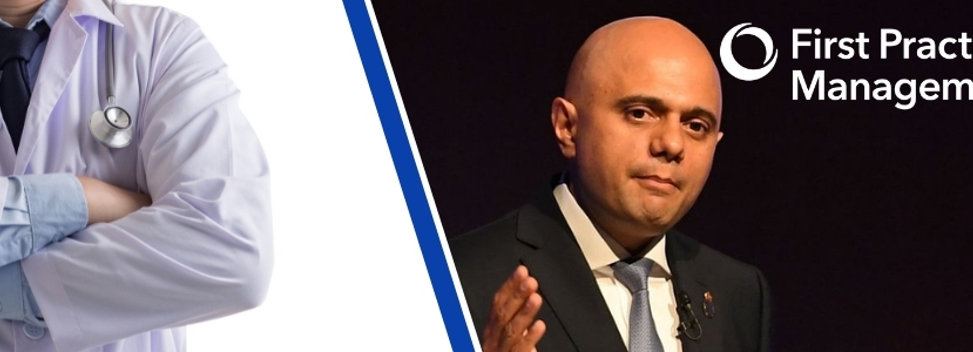
Last week we wrote about the Government’s latest initiative to deliver a package to support GP Practices to deal with the expected demands, and also to respond to the current media headlines of increasing face to face appointments with patients. Since the launch we’ve had a chance to have a closer look at some of the finer details of the document and what it will mean for primary care…
Overview
The current media headlines have been inescapable – the Mail is leading the charge in demanding GP’s open their doors, which later changed to ‘increasing face-to-face consultations’ when they realised that practices haven’t actually shut up shop.
The new ‘Improving Access for Patients and Supporting General Practice” has been released, announced by the Health Secretary Sajid Javid on major TV networks with subtle demands that practices increase face to face appointments, or lose out on extra cash and the possibility of “support to improve”, which could include a team from NHSE that will review how many face to face appointments are being carried out in Practices, move services to pharmacists, taking the vaccination programmes away or moving patients to another service.
|
Their plan is split into three key areas - Increase and Optimise Capacity, Address Variations and Encourage Good Practice and Zero Tolerance of Abuse and Public Communications. Some of the key points from the document include;
Practices and PCNs are urged to get patients’ input into preferences for face-to-face care unless there are good clinical reasons not to do so. |
|
INCREASE AND OPTIMISE CAPACITYThis is essentially aimed at ensuring practices are offering more face-to-face consultations - you'll be expected to review levels of face-to-face and remote consultations and improve data reporting quality, a review which should be completed by the end of October. (No details on how “improving data reporting quality” will be measured). Includes;
|
|
ADDRESS VARIATIONS AND ENCOURAGE GOOD PRACTICEThis is essentially aimed at providing more face to face consultations - Practices are expected to review their levels of face to face and remote consultations and improve their data reporting quality, a review which they should complete by the end of October. (No details on how “improving data reporting quality” will be measured). Includes;
|
|
ZERO TOLERANCE OF ABUSE AND PUBLIC COMMUNICATIONS
Speaking on BBC Breakfast, Health Secretary Sajid Javid said that ‘if there are practices that think they might need, for example, CCTV, panic buttons or other kinds of support, then that is available if that’s what they need.’ |
|
The BMA have already responded to this, saying that much of these actions are not new, will not provide additional support and that the Government has "increased the risk of general practice failing across entire localities this winter."






0 Comments